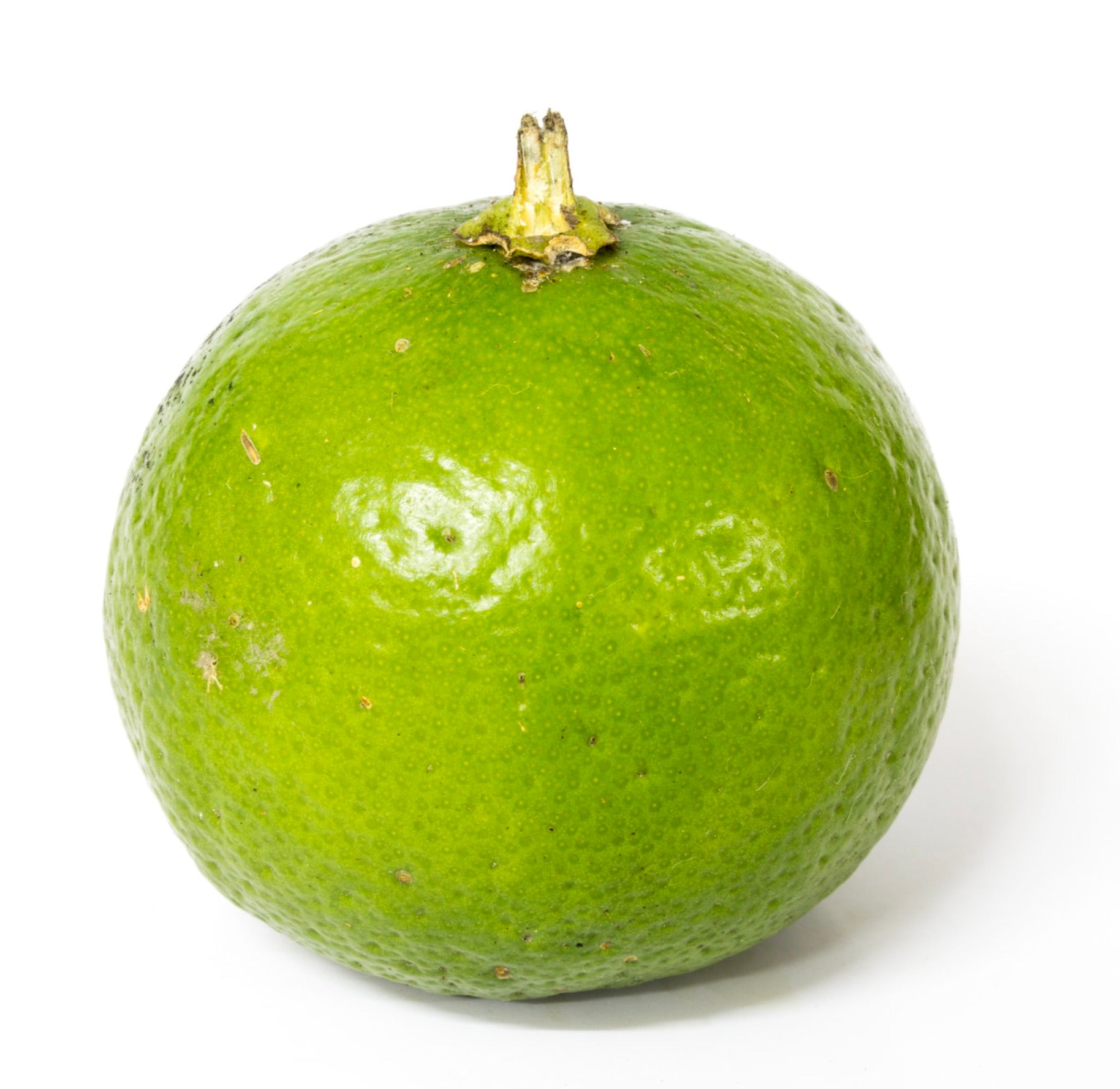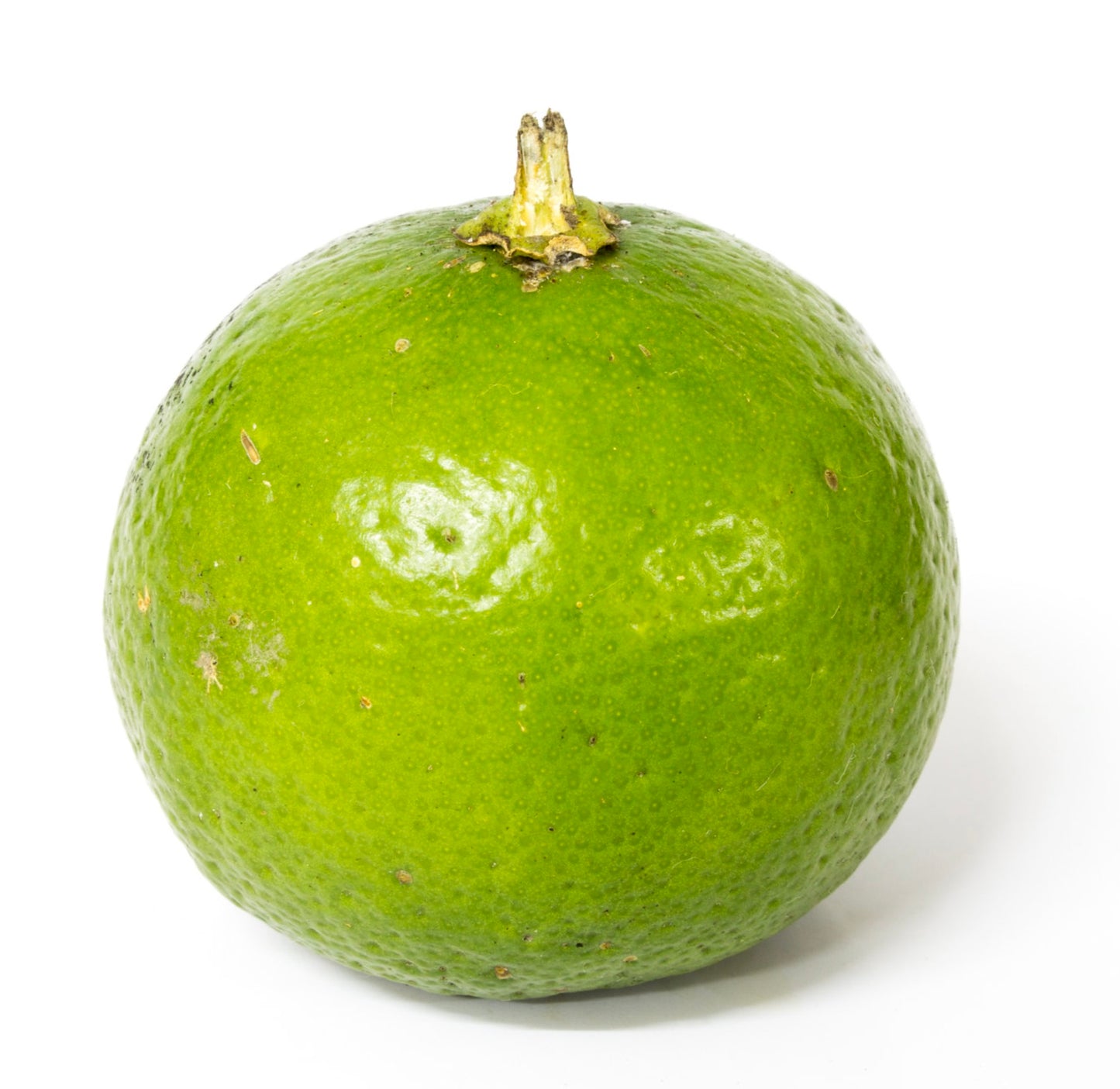- Catalogue Plants
Citrus X latifolia TAHITI LIME 70-130cm
Citrus X latifolia TAHITI LIME 70-130cm
Regular price
€50,00 EUR
Regular price
Sale price
€50,00 EUR
Unit price
per
Tax included.
Shipping calculated at checkout.
Couldn't load pickup availability
Plant Description
Botanical family: Rutaceae
Botanical genus: Citrus
Botanical species: Citrus X latifolia TAHITI LIME
SKU:BA-2220-S
Cultivation
Cultivation
Info and Disclaimers
Info and Disclaimers
Plant Height: 70-130cm
Plant Diameter:
Pot Size:
Grafted/Not Grafted:
Disclaimer: Be aware that most plants change across seasons. If present foliage, could have been fallen or change in its color.


